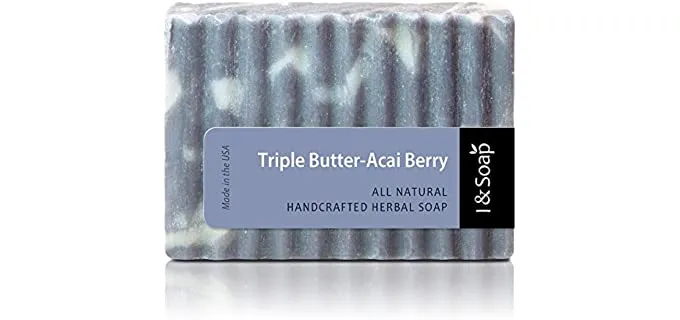What is Whitening Soap?
Whitening soap, also known as skin-lightening soap, is a cosmetic product designed to lighten the skin’s complexion. It typically works by reducing the production of melanin, the pigment responsible for skin color. These soaps often contain ingredients that inhibit tyrosinase, an enzyme that plays a key role in melanin synthesis. The primary goal of using whitening soap is to achieve a more even skin tone and reduce the appearance of dark spots, hyperpigmentation, and uneven skin. However, it is important to use these products with caution and to understand their potential effects on your skin. Always consider your skin type and consult with a dermatologist before incorporating new products into your routine. The efficacy of whitening soap can vary based on the ingredients, concentration, and individual skin characteristics.
The Benefits of Using Whitening Soap
The benefits of using whitening soap are often centered around achieving a brighter, more even skin tone. Many users find that these soaps help to reduce the appearance of dark spots, such as those caused by sun damage, acne scars, and age spots. Whitening soap can also contribute to a more uniform complexion by addressing hyperpigmentation, which can result from various skin conditions. Some products include moisturizing components to help keep the skin hydrated, which is essential for maintaining overall skin health. The psychological benefits should not be overlooked; for some, using whitening soap can improve self-confidence by addressing concerns about skin appearance. Regular use, combined with a comprehensive skincare routine, might lead to visible results over time, improving the overall look and feel of your skin. Consider the complete picture including your skin type and skincare goals.
Does Whitening Soap Actually Work?
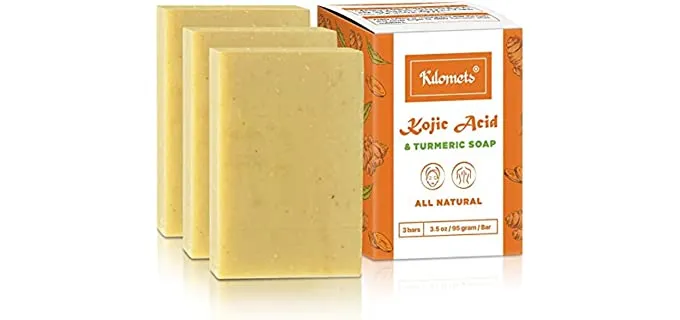
The effectiveness of whitening soap varies depending on several factors, including the ingredients used, the concentration of active compounds, and individual skin characteristics. Some whitening soaps contain potent ingredients that can effectively reduce melanin production, leading to a noticeable lightening effect. However, results are not always guaranteed, and the degree of lightening can range from subtle to significant. Consistent use, following the manufacturer’s instructions, is crucial for achieving desired outcomes. It is also important to manage expectations, as whitening soap typically works gradually over time. In addition, the effectiveness of these products may be influenced by sun exposure. Always ensure you apply sunscreen during the day to protect your skin. Some dermatologists recommend whitening soaps and are considered a safe option for certain skin conditions.
Understanding the Ingredients in Whitening Soap
Understanding the ingredients in whitening soap is crucial for making informed choices and ensuring safe usage. Common active ingredients include kojic acid, derived from fungi; arbutin, extracted from the bearberry plant; and vitamin C, a powerful antioxidant. These compounds work by inhibiting tyrosinase, the enzyme involved in melanin production. Other ingredients may include hydroquinone, though its use is often regulated due to potential side effects, and glutathione, an antioxidant that aids in skin brightening. Moisturizing components, such as glycerin, shea butter, or various oils, are also frequently added to counteract the drying effects of some whitening agents. When choosing whitening soap, carefully review the ingredients list, considering both the active compounds and any potential allergens or irritants that may affect your skin. Consider if the product is certified by dermatologists or experts in the field.
Common Whitening Agents
Several whitening agents are commonly used in soaps, each with its own mechanism of action and potential effects. Kojic acid is a naturally derived compound that inhibits tyrosinase, reducing melanin production. Arbutin, found in plants like bearberry, also works to lighten skin by inhibiting tyrosinase. Vitamin C, a potent antioxidant, not only helps lighten skin but also protects against environmental damage. Hydroquinone is a powerful skin-lightening agent that can significantly reduce melanin production but is often regulated due to potential side effects. Glutathione, an antioxidant, also plays a role in lightening skin. When choosing a whitening soap, it is important to understand the concentration of these active ingredients and how they might interact with your skin type. Ensure to read reviews and testimonials from users to get a sense of the effectiveness and potential side effects associated with these components.
Moisturizing Components
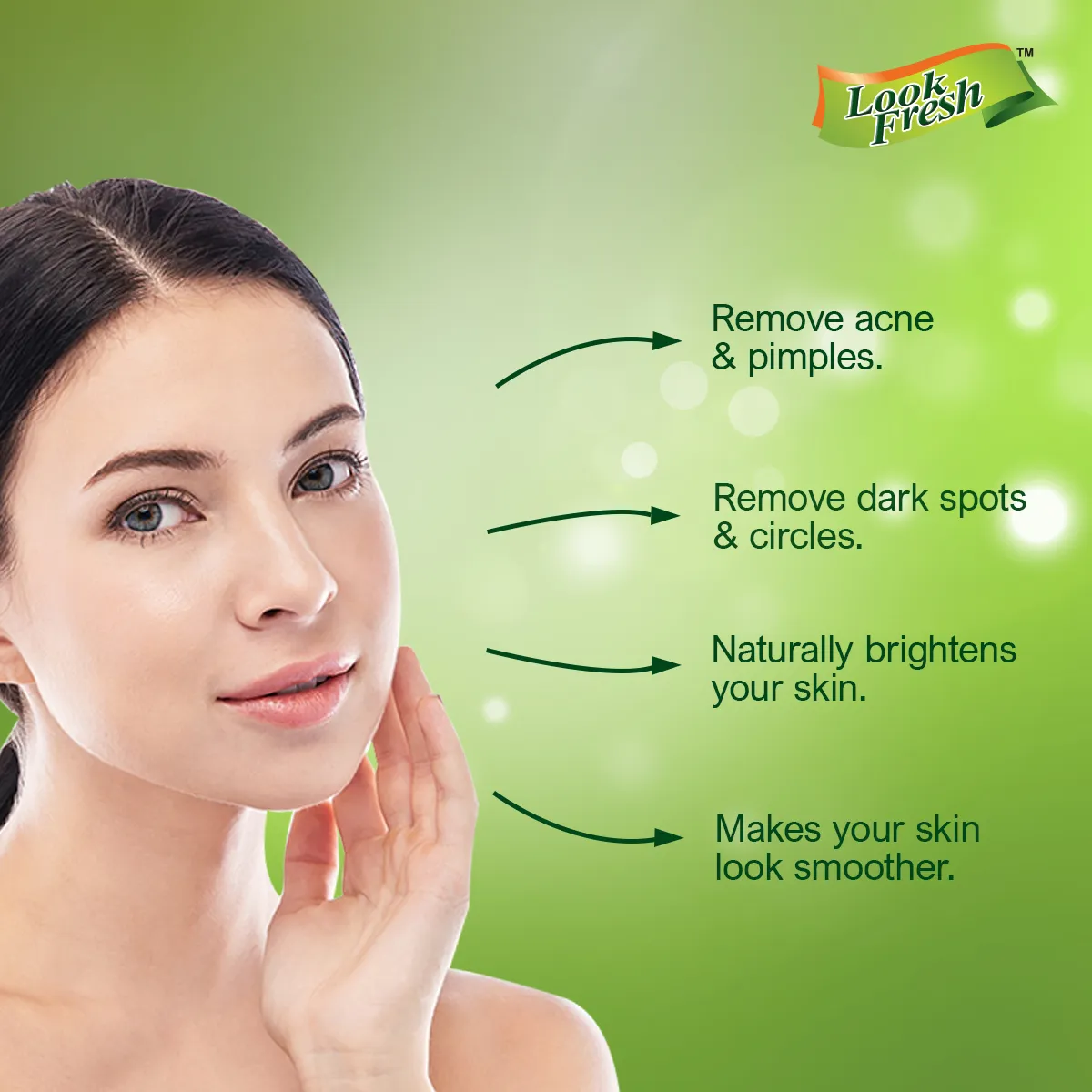
Moisturizing components are essential in whitening soaps to counteract the drying effects of some active ingredients and to maintain overall skin health. Glycerin is a humectant that attracts moisture to the skin, keeping it hydrated. Shea butter and cocoa butter are emollients that provide rich hydration and help soften the skin. Various oils, such as coconut oil, olive oil, or argan oil, are also common additions, providing additional moisturizing and nourishing properties. These ingredients work to create a balance, ensuring that the soap effectively lightens the skin while preventing dryness, irritation, and other potential side effects. When selecting a whitening soap, look for products that prominently feature moisturizing ingredients to ensure your skin remains healthy and balanced.
Factors to Consider When Choosing Whitening Soap
Choosing the right whitening soap involves considering several key factors to ensure it aligns with your skin type, specific concerns, and overall skincare goals. Assessing your skin type—whether it is dry, oily, sensitive, or combination—is paramount. The formulation should cater to your skin’s specific needs, avoiding ingredients that might cause irritation or worsen existing conditions. Moreover, it’s crucial to identify your specific skin concerns, such as dark spots, uneven tone, or hyperpigmentation. Select a soap with ingredients known to address these issues, such as kojic acid for dark spots or vitamin C for brightening. In addition to your skin type and concerns, consider the product’s ingredients, concentration, and any potential side effects. Also, review product reviews, testimonials, and recommendations from other users to gain insights into its efficacy and suitability for your skin. Selecting a product that fits all these factors is crucial.
Skin Type
Your skin type is a critical consideration when selecting whitening soap. If you have dry skin, look for soaps with added moisturizers like glycerin, shea butter, or oils to prevent further dryness. For oily skin, opt for lighter formulations that won’t clog pores and avoid products with excessive oils. If you have sensitive skin, choose soaps with gentle, hypoallergenic ingredients and avoid products with harsh chemicals or fragrances. Always test a small area of skin before widespread use to check for adverse reactions. Understanding your skin type helps you choose a soap that effectively addresses your concerns while minimizing the risk of irritation or other side effects. Always select soaps that are compatible with your skin type and avoid products that could potentially cause adverse reactions.
Specific Skin Concerns
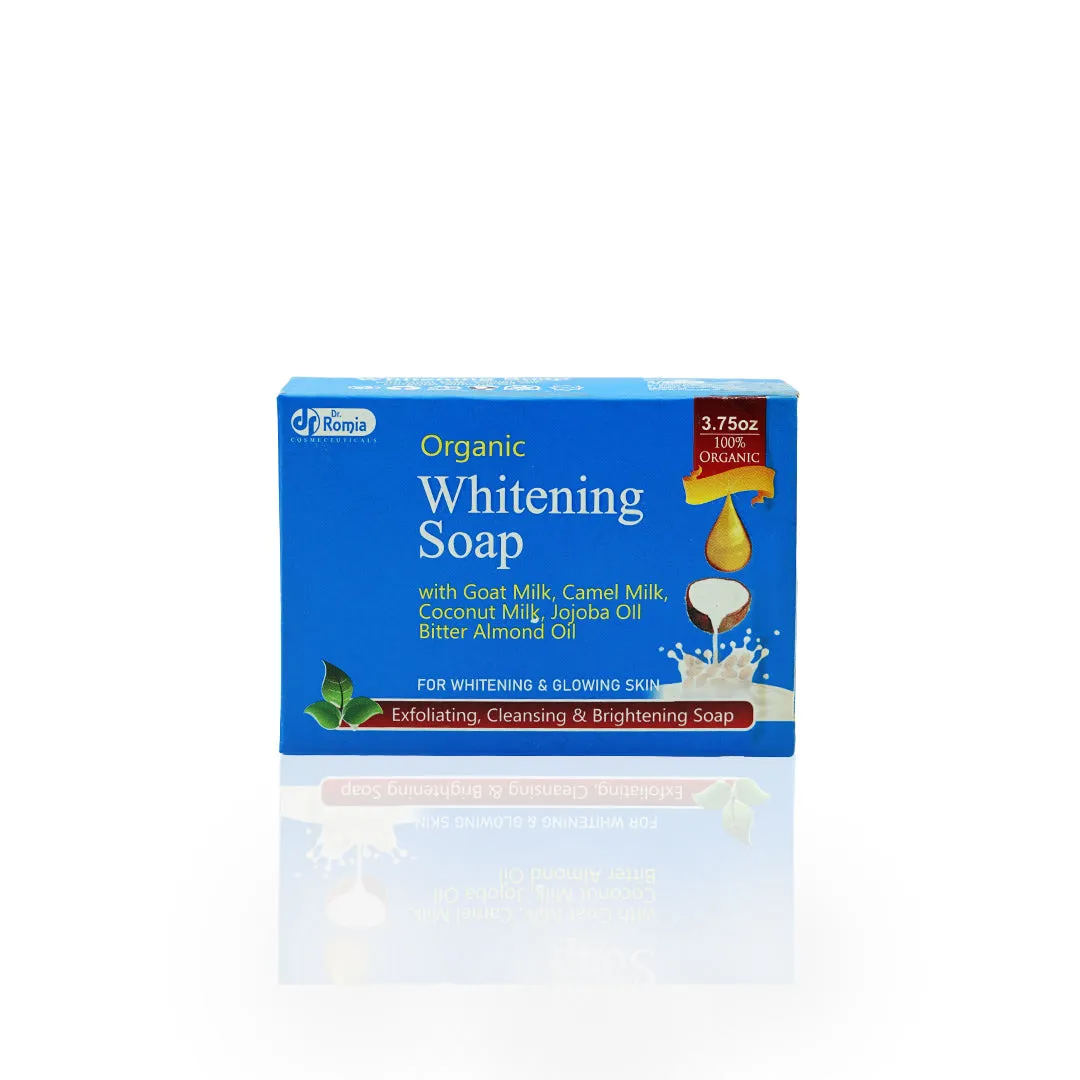
When choosing whitening soap, it is important to address specific skin concerns to ensure the product effectively meets your needs. If you have dark spots caused by sun damage or aging, look for soaps containing kojic acid, arbutin, or vitamin C, which are known for their lightening properties. For uneven skin tone or hyperpigmentation, opt for soaps with a combination of active ingredients to target multiple issues. If you have acne scars, consider products that contain gentle exfoliants to help remove dead skin cells and reveal a brighter complexion. Always read the ingredient list and product descriptions to find soaps specifically designed to address your unique skin concerns and seek professional advice if needed. By addressing specific problems, you can maximize the effectiveness of the whitening soap and achieve better results.
Product Reviews and Recommendations
Product reviews and recommendations are invaluable resources when selecting whitening soap, as they provide insights from users with varying skin types and experiences. Reading reviews can help you understand the effectiveness of a product, its potential side effects, and how it performs in real-world scenarios. Look for reviews that specifically address your skin concerns and match your skin type. Websites like Amazon and beauty blogs often feature extensive reviews and ratings. Moreover, consider recommendations from dermatologists or skincare professionals, who can provide expert advice on suitable products. When evaluating reviews, focus on consistent feedback and patterns, as well as any warnings or precautions. Reviews and recommendations can also save you from wasting money on ineffective products and help you make a more informed decision when purchasing whitening soap.
How to Incorporate Whitening Soap into Your Skincare Routine
Incorporating whitening soap into your skincare routine requires a careful, step-by-step approach to maximize its effectiveness and minimize potential risks. Start by cleansing your face with the soap once or twice daily, following the manufacturer’s instructions. After cleansing, always apply a moisturizer to keep your skin hydrated, especially if the soap has drying effects. In the morning, apply a broad-spectrum sunscreen with an SPF of 30 or higher to protect your skin from sun damage, which can undo the effects of the whitening soap. Consider using other complementary skincare products, such as serums or toners, to enhance the results. If you have sensitive skin, introduce the soap gradually, starting with one use per day. Monitor your skin for any adverse reactions, such as redness or irritation, and adjust your usage accordingly. Consistent use and proper sun protection will maximize the benefits of whitening soap.
Step-by-step guide
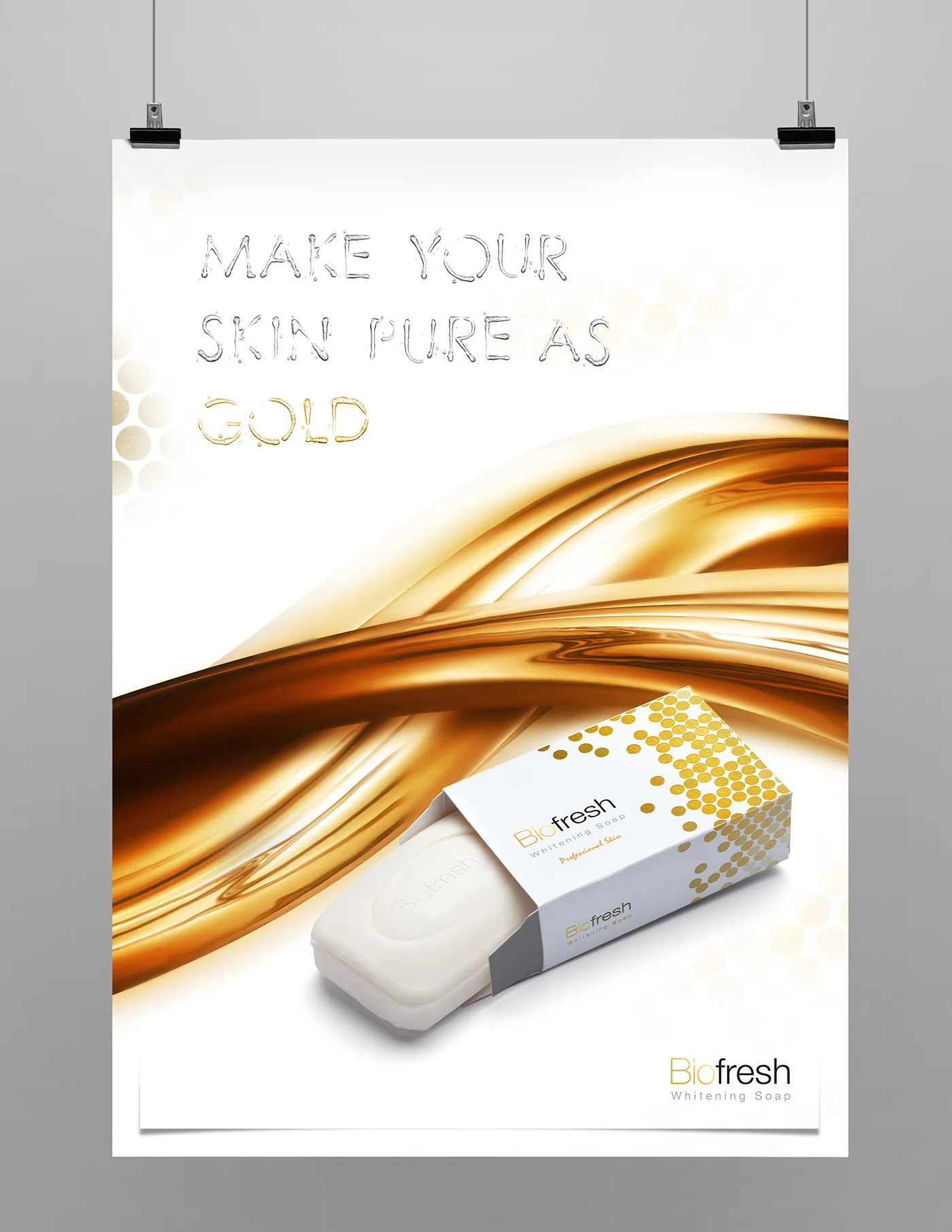
To effectively incorporate whitening soap into your skincare routine, follow a step-by-step guide. First, wet your face or body with lukewarm water. Lather the whitening soap in your hands and apply it to your skin in gentle, circular motions. Avoid harsh scrubbing. Rinse thoroughly with water and pat your skin dry with a soft towel. Immediately apply a moisturizer to prevent dryness. In the morning, after cleansing and moisturizing, apply sunscreen. At night, follow the same cleansing routine, then apply a night cream. If you are using other skincare products, apply them in the order of thinnest to thickest consistency. Always pay attention to how your skin reacts to the soap and adjust your routine accordingly. Regular use and following this step-by-step guide will help you achieve the desired results safely and effectively. If any irritation occurs, stop using the product immediately.
Tips for Maximizing Results
To maximize the results of using whitening soap, adopt a few essential tips. First, be consistent in your usage, following the manufacturer’s instructions and using the soap regularly. Combine the use of whitening soap with other skincare products, such as serums or exfoliants, to enhance the effects. Protect your skin from sun exposure by wearing sunscreen with a high SPF every day, as UV rays can worsen hyperpigmentation and diminish the soap’s effects. Exfoliate your skin once or twice a week to remove dead skin cells, allowing the soap to penetrate more effectively. Maintain a healthy lifestyle, including a balanced diet and adequate hydration, to support skin health. Consider consulting with a dermatologist to personalize your skincare routine and get professional advice on specific skin concerns. By consistently following these tips, you can greatly enhance the benefits of whitening soap and achieve brighter, more even skin.
Potential Side Effects and Precautions
While whitening soap can offer cosmetic benefits, it is essential to be aware of potential side effects and take necessary precautions. Common side effects include skin dryness, irritation, redness, and sensitivity. Some individuals may experience allergic reactions or contact dermatitis. Overuse or using products with high concentrations of active ingredients can lead to more severe issues, such as thinning of the skin, increased sun sensitivity, and even ochronosis, a condition where the skin turns bluish-black. Always perform a patch test before using the soap on a large area of your skin. Start with infrequent use and gradually increase the frequency. Protect your skin from sun exposure by wearing sunscreen and avoiding prolonged sun exposure. If you experience any adverse reactions, discontinue use immediately and consult a dermatologist. Always consult with a skincare specialist or dermatologist if you have any questions.
Who Should Avoid Whitening Soap?
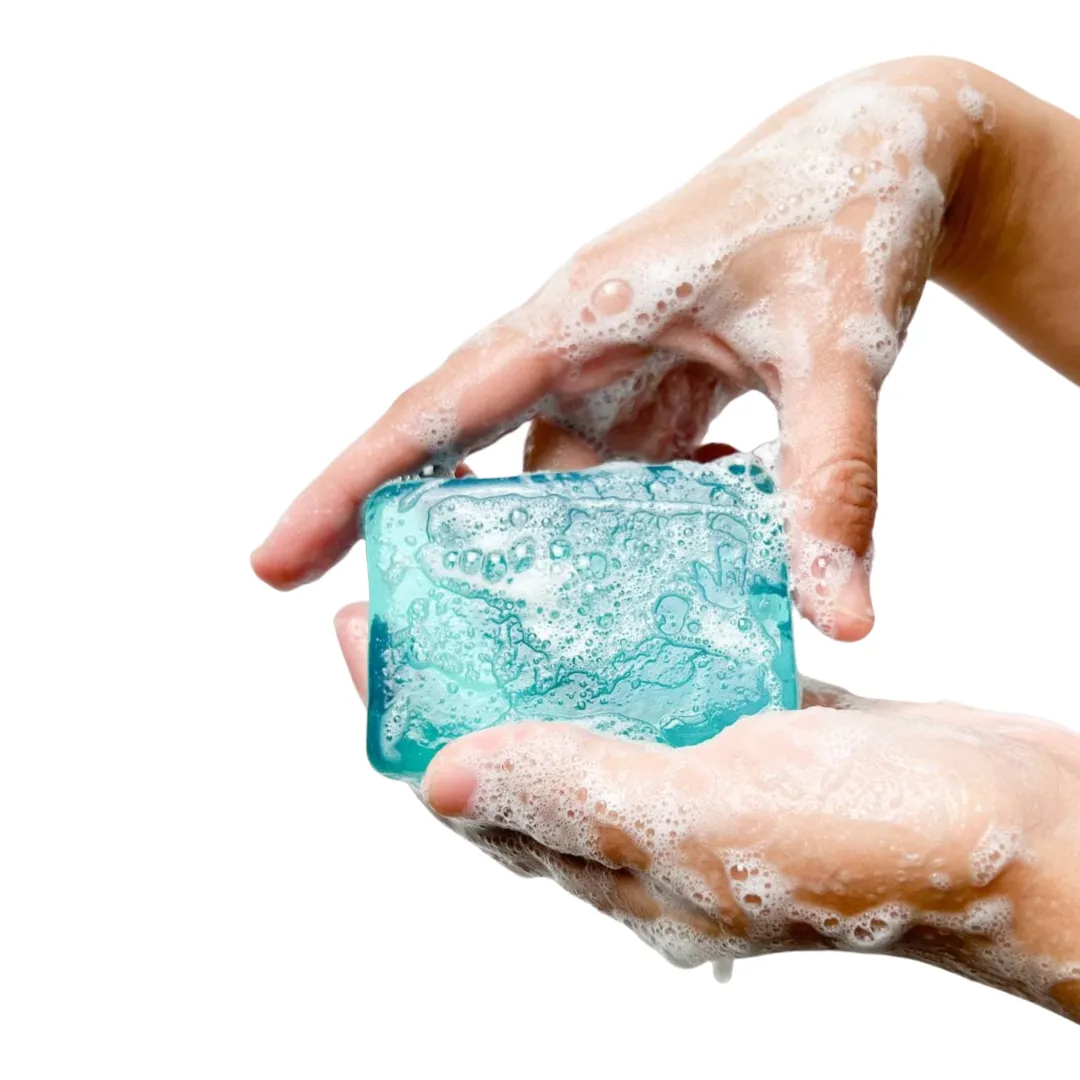
Certain individuals should avoid using whitening soap to minimize the risk of adverse effects and skin complications. People with sensitive skin, eczema, or rosacea should exercise caution, as the active ingredients can cause irritation or trigger flare-ups. Those with existing skin conditions, such as severe acne or dermatitis, should consult a dermatologist before using whitening soap, as it may exacerbate these conditions. Pregnant or breastfeeding women are often advised to avoid products containing hydroquinone or other potent whitening agents due to potential risks. Individuals with a history of allergic reactions to skincare products should carefully review the ingredients list and perform a patch test before widespread use. If you are unsure whether whitening soap is right for you, consult a healthcare professional or dermatologist for personalized advice and guidance. This is important to ensure that your skin remains healthy and that you do not experience any adverse reactions.
Seeking Professional Advice
Seeking professional advice from a dermatologist or skincare specialist is highly recommended when considering or using whitening soap. A dermatologist can assess your skin type, identify specific concerns, and recommend the most suitable products based on your individual needs. They can also provide insights into the potential risks and benefits of different ingredients, concentrations, and formulations. If you have any pre-existing skin conditions, a dermatologist can help determine if whitening soap is appropriate and monitor any potential side effects. They can also offer personalized skincare routines and advice to help you achieve your desired results safely. Consulting a professional ensures that you make informed decisions, minimize risks, and effectively address your skincare goals. A professional will also be able to advise you on the best ways to incorporate whitening soap into your skincare routine.
Conclusion
Whitening soap can be a valuable tool in achieving a brighter, more even skin tone, but it’s essential to approach it with knowledge and caution. Understanding the ingredients, potential benefits, and risks is crucial. Selecting the right product for your skin type and specific concerns, along with proper usage and sun protection, can lead to satisfying results. Always prioritize your skin’s health by seeking professional advice and being mindful of any adverse reactions. By combining the right whitening soap with a comprehensive skincare routine and lifestyle choices, you can enhance your skin’s appearance and overall well-being. Remember that consistency, patience, and a commitment to skincare are key to achieving optimal results and maintaining healthy, radiant skin. Prioritize safety and health above everything else!
